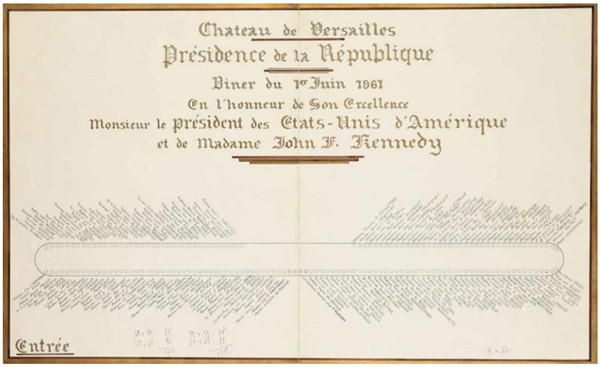

During the planning of the dinner, he revisited historical menus, such as the one served in the Palace of Versailles in 1961 by French President Charles de Gaulle to US President John F. Kennedy and recreated the dishes.
"You cannot celebrate without looking at the past with a great vision of the future," Nicolas said, highlighting the role of historical menu recreation in his book project.
As this year marks the 60th anniversary of diplomatic relations between China and France, numerous cultural exchange activities are on the horizon. Acting as a culinary bridge between the two nations, Nicolas offers insights into the distinctions between Chinese and French cuisine. He highlights that China has pioneered numerous culinary techniques, whereas France has been instrumental in the development of restaurants as we know today.
Additionally, he notes that Chinese cuisine tends to utilize a wider array of spices and blend diverse flavors, whereas French culinary tradition emphasizes the combination of no more than three tastes. Despite these differences, both countries boast rich gastronomic heritages and share a common pursuit of the finest and most exquisite ingredients.
He also observed China's emphasis on a sequential meal structure, starting with a light salad, followed by main courses, and concluding with soup, which he views as more conducive to digestion and fitness compared to the French tradition, which includes cheese and dessert.
